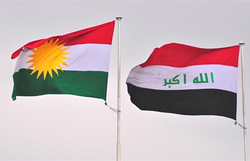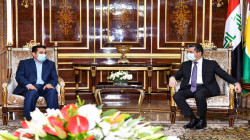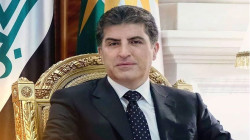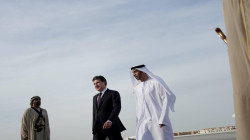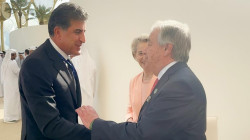KRI high-level delegation at COP28 to secure funds for climate change combat
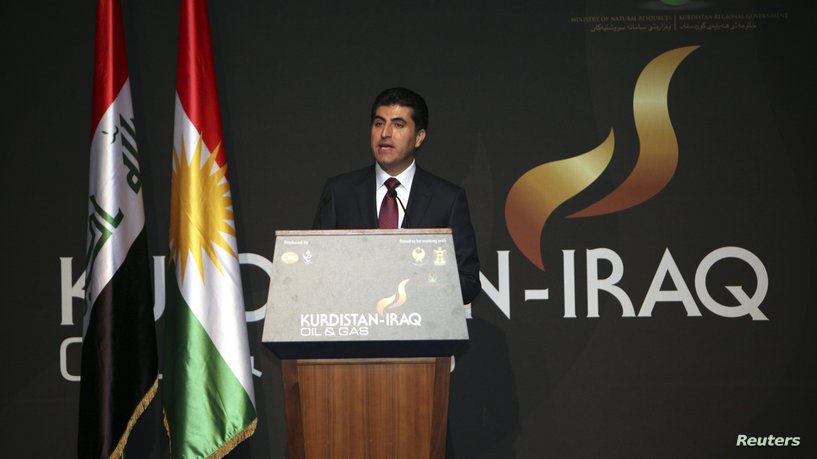
Shafaq News / The President of Kurdistan Region (KRI), Nechirvan Barzani, and the Prime Minister, Masrour Barzani, are participating in the COP28 climate conference organized by the United Nations in Dubai, UAE, hoping to gain sufficient international support to combat climate change in their region due to "severe drought", as reported by Voice of America.
Haval Ahmed, head of the Climate Change Department in the Kurdistan Regional Government (KRG), mentioned in an interview with Voice of America, as reported by Al-Hurra, that their government "aims to discuss their plans to combat climate change," clarifying that "climate adaptation is crucial for KRI."
Earlier last month, scientists from the World Weather Attribution Group warned that the drought lasting for three years in Iraq, which also affected regions in Iran and Syria, has become more 'severe' due to climate change and worsening natural drought conditions, posing severe humanitarian situations.
Their study released on November 8 found that severe drought conditions will be "more common" in the future due to global warming.
Friederike Otto, a climate scientist at the Grantham Institute of Imperial College London and one of the study's authors, said, "This is already pushing the limits of what some people can adapt to."
For officials in KRI, adapting to these changes "will require financial resources beyond the capacity of the Region."
KRG has been unable to pay its employees' salaries for three months due to financial disputes with the federal government.
In June, KRI's Deputy Prime Minister, Qubad Talabani, held a meeting with 16 consular and diplomatic envoys in KRI, seeking their assistance "before it's too late."
Local environmental organizations suggest that rising temperatures and changes in rainfall have led to water scarcity and increased fatal floods, challenging the Kurdish government's shift from energy to agriculture.
Marouf Majid, head of AYINDA (Future) Environmental Protection Organization in Kurdistan Region, mentioned that the climate change threats to the Region's environment are "serious and must be taken seriously."
During a phone call with Voice of America, Majid added, "KRI has approximately six million residents, but there are over 2,150,000 private vehicles, and public transportation is extremely poor," referring to the impact of waste from these vehicles on increased pollution.
He continued, "According to our data, out of 2.5 million acres of forest lands, 50% has been destroyed in recent years."
Majid considered the decline in water resources as the most concerning, pointing out the capital city of Erbil as an example.
"In most parts of Erbil, people no longer find groundwater, even after digging 700 meters underground. Also worrisome is the drop in the water level of the Little Zab and Great Zab rivers (tributaries to the Tigris River) and the Sirwan River due to drought or diversion by neighboring countries," he expressed.
Iraqi officials attribute the dwindling water flow from the north of the country to numerous dams built by Turkey and Iran.
The two main water sources in Iraq (Tigris and Euphrates rivers) flow from Turkey, putting water at the heart of Turkish-Iraqi relations."
